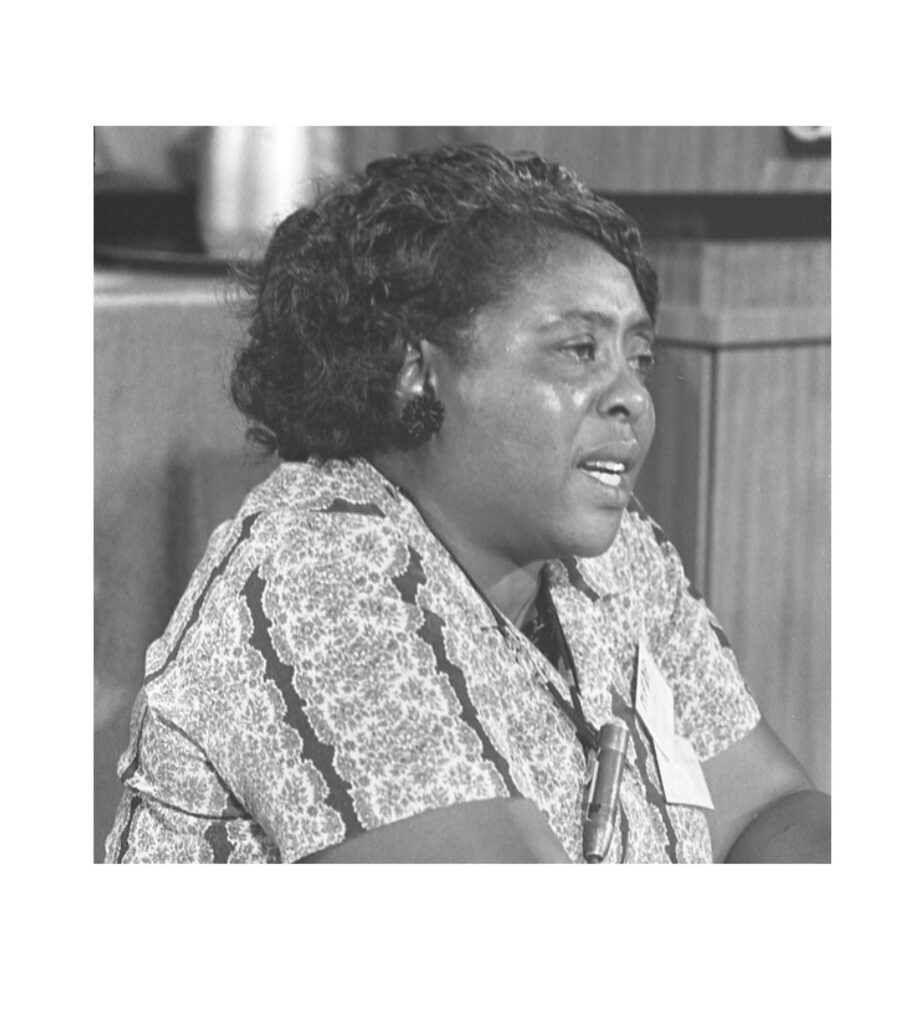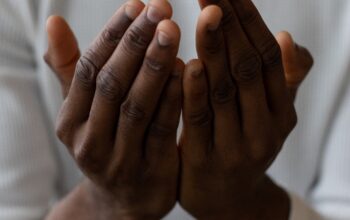
It’s no secret that Black Americans are disproportionately affected by COVID-19 in large part due to chronic health conditions. As the medical community works around the clock to not only treat the disease, but to find ways to stop the spread and prevent further infections, many Blacks are anxious about participating in any clinical trials or studies.
The fear is not necessarily misplaced as the combination of experimental treatments and black and brown people has proven problematic over the years. Simply put, based on the information that Big Mama and Big Papa passed down over the years, we just don’t trust those doctors.
This mistrust leads to Blacks having higher rates of HIV, cancer and even manageable ailments such as high blood pressure which often leads to cardiovascular disease and strokes. Seeing medical professionals such as this Georgia nurse spew hateful racist rhetoric on social media doesn’t help soothe the stigma. Thankfully most medical facilities are acting swiftly to remove nurses, doctors and other attendants who have been exposed online.
We all want COVID-19 to go away. However, most of us have to admit that when we heard that the first vaccines would be tested in Africa, it reopened old wounds. The difference between now and 400 years ago is that more black doctors and medical researchers are involved. Hopefully that will make a difference and make the studies beneficial for everyone.
Still, we have to admit that some of the medical communities’ greatest scams are still lingering in the back of our minds. Below are seven that stand out:
- In the 1700s, White physicians wrongfully assumed that blacks were immune to yellow fever. The truth is the slaves who were immune may have contracted the disease as children in their home countries. The slaves were put to work to take care of the white population and as a result, many became ill and died from the disease.
- While Henrietta Lacks underwent treatment for cervical cancer at The Johns Hopkins Hospital in 1951, a sample of her cells were sent to a nearby tissue lab without her knowledge or consent. Now known as “HeLa” cells, Mrs. Lacks’ cells have been used extensively to study the effects of various cancer treatments. The cells were useful to the researchers because they grew at a rapid rate compared to other cells that had been studied. Although their ancestor unknowingly played a major role in cancer research, neither Mrs. Lacks nor her surviving family members were compensated for the use of her body tissue.
- In the 19th century, Black slave women underwent painful experimental surgeries on their reproductive organs without anesthesia by ambitious doctors such as Dr. J. Marion Sims who became known as “the father of modern gynecology.
- The Tuskegee Study of Untreated Syphilis was in the Negro Male was pushed as a six-month study in 1932, but ended up spanning almost 40 years. At least 600 Black men, most of them sharecroppers, were recruited for the study. Instead of being treated for syphilis with the appropriate medications, the men were given placebos such as aspirin and mineral supplements. As the men succumbed to the disease, the researchers opted to take notes rather than provide adequate care and treatment
- In the 1950s, Puerto Rican women were used as guinea pigs to test the effectiveness of the Pill. The women did not know that they were participating in a clinical trial and were not warned about the potential for dangerous side effects in using the oral contraceptive. The pills used in the study had three times the amount of hormone as modern-day pills.
- Involuntary sterilizations of indigent people who fell into the categories of being racial and ethnic minorities, disabled, mental ill and criminals has been an issue throughout the history of the United States. California prisons reportedly authorized the sterilization of female inmates as recently as 2010.
- Jim Crow laws have been blamed for the higher numbers of black southern women who were diagnosed with cancerous tumors. The discriminatory practices which spanned from the 1870s through the mid-1960s limited the diagnosis and treatment of the disease for those affected.

- One example of the impact of Jim Crow laws is civil rights leader Fannie Lou Hamer. In 1961 she was sterilized without her consent by a white doctor who performed an unauthorized hysterectomy during surgery to remove a uterine tumor. She died in 1977 from untreated breast cancer at the young age of 59. One can only wonder whether her previous encounter along with all of the other injustices she witnessed, made her shy away from seeking more appropriate medical treatment at the time.
COVID-19 has everyone “sick and tired of being sick and tired.” Hopefully the search for answers will be reasonable and fair for all.
–Sojourner Justice




One thought on “Distrust of Modern Medicine is Not Totally Unfounded”
Comments are closed.